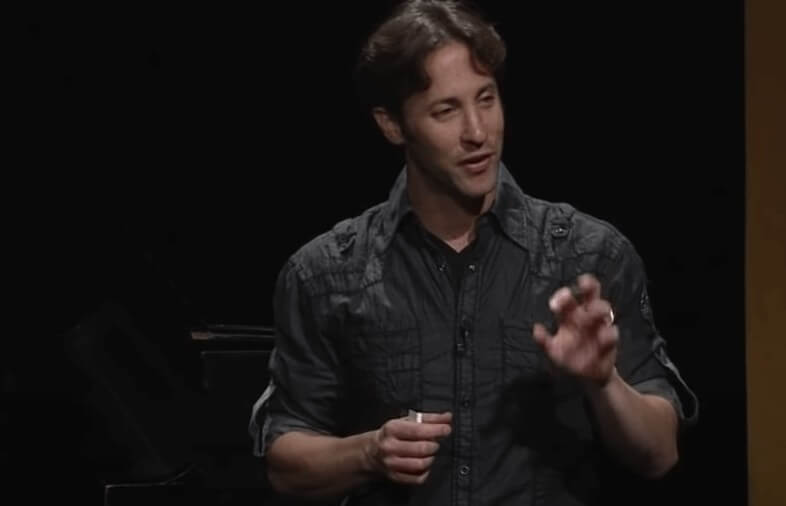David Eagleman is one of the most popular neuroscientists. His television show, The Brain with David Eagleman (in Brazil, Secrets of the Brain) has become the favorite show of millions of people. Do many even call it? Carl Sagan’s brain, by the way he combines knowledge and entertainment.
Regardless of fame or popularity, David Eagleman has made some interesting contributions to science. As a brain specialist, he focuses on questions about consciousness, a topic that intrigues and fascinates him. In this regard, it provided some paradoxical and interesting information.
- David Eagleman says consciousness is overrated and overrated.
- He even agrees with Sigmund Freud and follows his theory of the unconscious.
- After all.
- The unconscious is much broader and goes far beyond the conscious.
“Does it turn out that your conscious mind?The part you think like you?Is this really the smallest part of what’s happening in your brain, and usually the last online to find information?. – David Eagleman-
Consciousness remains a mystery. David Eagleman points out that when someone tries to understand it, it’s like a fish trying to figure out if there’s life out of the water.
He points out that much of what happens in the brain happens without us nodding. That’s why, like most neuroscientists, you don’t think “free will” exists. He believes that certain parts of the brain are directed by other parties, leading him to understand everything that happens from physical laws.
However, it keeps an open mind. It does not rule out that there is something incomprehensible to today’s science that corresponds to this space of freedom in the mind, and adds that emotions are very complex phenomena that shape our definition of everything around us.
While reason works with very specific information, emotion works with multiple data on a larger scale. He says that ideal decisions are those that involve cognition and emotion. He goes even further by saying that reason alone can be dangerous, especially when an analysis is done from a moral point of view.
One of david Eagleman’s most striking facets is that of the inventor. At one of his most memorable public lectures, at a TED conference, the public noticed that he was slowly starting to speak and move. In the middle of the conference, despegó. su shirt and everyone could see that he was wearing a vest attached to his skin.
Eagleman showed what everything he was saying was like?Translated simultaneously? To your brain. The words became vibrations circulating behind his back through small motors, compared this vibration system to that of a mobile phone.
In this way, the signals of his larynx when he spoke became vibrations that his skin could recognize, which were then transmitted to his brain, so the brain has identified sounds. But what does that mean? Basically, David Eagleman showed in practice how this vest allows a deaf person to learn to listen.
As a result of this conference, several companies became interested in the invention, so David Eagleman signed with one of them to study its mass production. The device is called iPad and currently costs around 500 euros. However, this is not the only invention that has patented this neuroscientist.
It has created a device to assess whether players in any sport have suffered a concussion after a stroke, this device functions like a video game and is able to evaluate 12 variables to make a preliminary diagnosis.
In addition, he has developed a device that helps police determine whether someone has been drinking alcohol or using drugs. In one of his boldest approaches, he says that in the future, court cases should consider neuroscience before reaching a verdict.
There are factors that go beyond “free will. “Alleged offender. For example, he said, people born in the 1960s in the United States are more likely to break the law. You don’t know, but it’s a fact. In fact, he’s been researching the subject for several years.
David Eagleman is currently working on a device related to schizophrenia, it would be a device that patients could carry in their pocket and help them correct some small misperceptions, if it succeeds it will be a real revolution.

